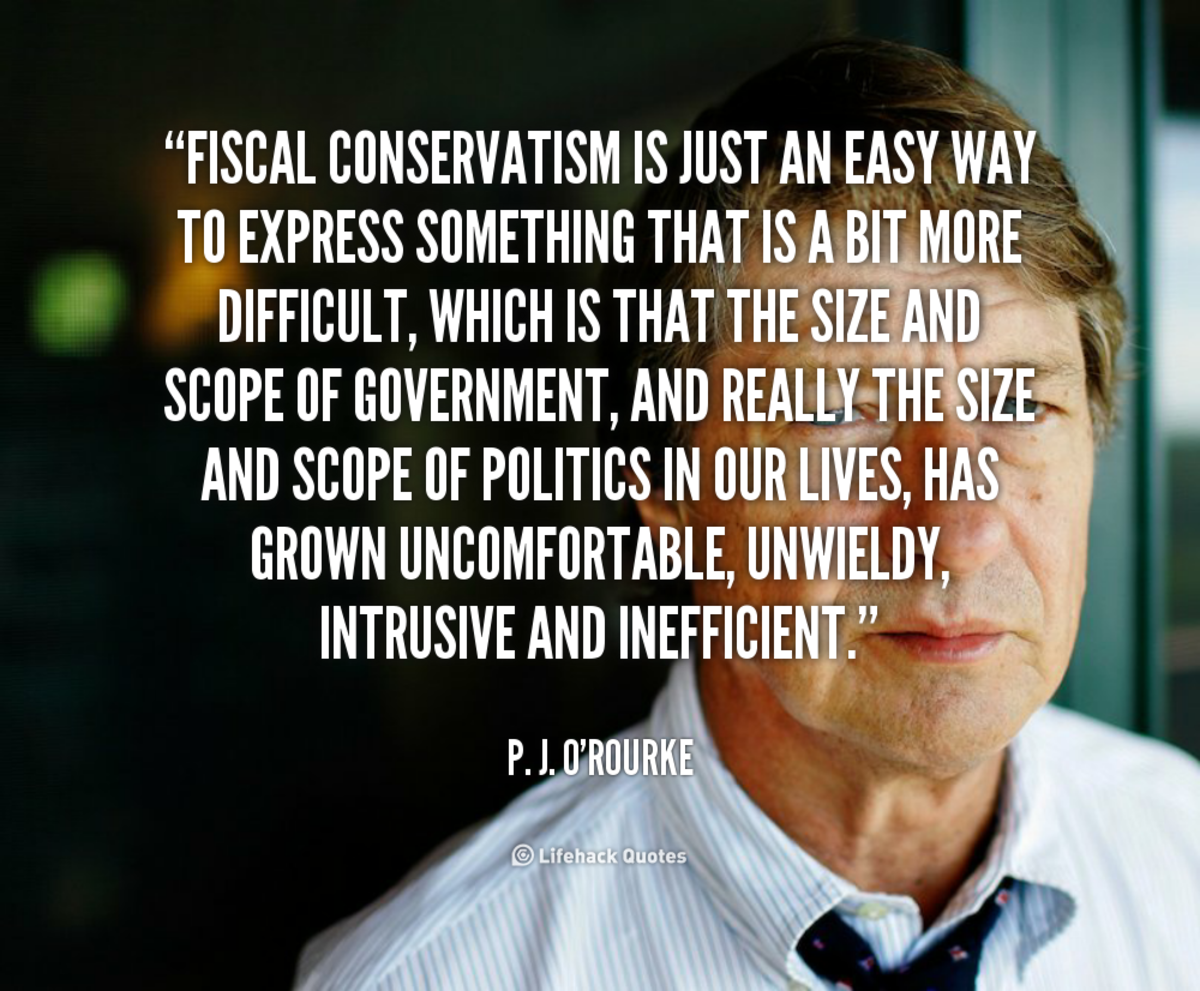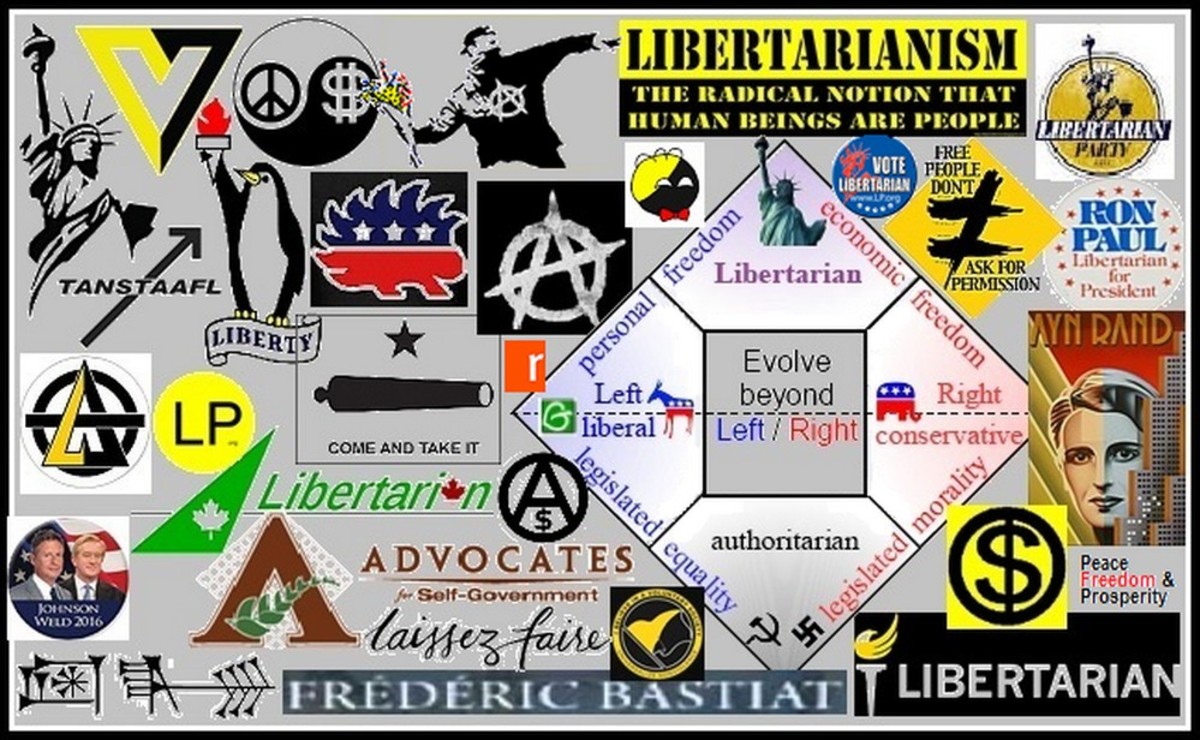Two Political Pipelines Beginning In Libertarianism
Defining Libertarianism
The link between American libertarianism and the alt-right has been discussed frequently for a few years now. It’s a worrying development for a lot of libertarians, and one can hardly blame them; nobody wants to be associated with the alt-right. Despite their protests, though, the great leap required to go from voting for Gary Johnson to marching with Richard Spencer has been made seemingly easily by vast swaths of former libertarians. This frightening pipeline is not the only one available to libertarians, however. It is this second, and much less often discussed, pipeline that provides hope that libertarians are not lost to either their own ineffective ideology or the viciousness of the alt-right. Before we delve into that, though, we have to understand why libertarians are so prone to abandon their ideology in favor of greener pastures.
Libertarianism (in the right-wing American sense of the word) is solidly associated with conservatism, no matter how much its adherents might object to such a statement. It’s exceedingly rare for disaffected liberal to turn into a libertarian. It’s extremely common for a conservative. The ideals of liberty and limited government are often touted in conservative circles, but never are they acted upon. The libertarian is someone who realized this and thus left conservatism for an ideology that seemed to more closely reflect their beliefs. Libertarianism is, at the heart of it, more of a reaction to conservative failures than it is an independent set of ideas. If conservatives actually did what they claimed to want to do, like protect individual liberties and limit the size of government, then there wouldn’t be a need for libertarians. They are, very simply, right-wing rebels.

From the Alt-Right to Anarcho-Capitalism
Now, the libertarian to alt-right pipeline isn’t what it used to be. Roughly around 2014-2017, between the first simmerings of the 2016 election and the Unite the Right rally in Charlottesville, lots of popular libertarians online slowly turned to the alt-right. People like Stefan Molyneux, Ben Shapiro, Gavin McInness, Milo Yiannopoulos, and Lauren Southern slowly went from run-of-the-mill libertarians to what some like to call the alt-lite; not exactly alt-right themselves, but instead, serving as stepping stones toward it. This caused a large swath of former libertarians to venture into the far-right just in time for the election, and it no doubt contributed (though its impact shouldn’t be too overstated) to Trump’s victory. Ironically, in the fallout of Unite the Right, the alt-right seems to have splintered. The pipeline doesn’t work as well now that the most popular former libertarians are so thoroughly entrenched in the alt-right that they can’t serve as gateways anymore. Still, the pipeline exists, and libertarian radicalization continues to be a problem for them and a gift to the far-right.
This nefarious alt-right pipeline overshadows a different pipeline, though, and it is this second one that might prove more important in the long run. It begins with a radicalization away from government. The constant one-upping typical of libertarians can radicalize them into rejecting the concept of government altogether. It's anarchy, as far as they understand it, and this - an anarchy where the government is removed but the economic system remains - is called anarcho-capitalism. Now, as any actual anarchist will gladly tell you, anarcho-capitalism is not actual anarchism. Actual anarchism rejects all hierarchy, and as capitalism is a hierarchical system, you cannot be both anarchist and capitalist. The idea of anarchy just as being a society without government leads to all sorts of wacky spin-off ideologies, but if one continues on the course, they'll go from bottom-right on the political compass to the only place left to go, which is the Left.

From Anarcho-Capitalism to Leftism
Anarcho-capitalists are often aware of their ideology's reputation as a joke, preferring to label themselves voluntaryists or agorists. Some may even mistakenly label themselves individualist anarchists, and it is this that gives them an unintentional ticket out. The individualists do make up a serious school of anarchism, and their thinkers, like Benjamin Tucker and Lysander Spooner, can serve as gateways for mistaken ancaps to further learn about actual anarchist schools. Most commonly, individualists will turn (as individualism itself isn’t too big a camp) to mutualism, an early school of anarchism founded by Pierre-Joseph Proudhon, famous for his philosophical spats with Karl Marx. Mutualism is typically more open to the free market than syndicalism or anarcho-communism - one will often hear mutualists use the phrase “markets, not capitalism” to describe their ideas. From here, former ancaps are firmly entrenched in the Left, and no matter where they go - sticking with mutualism, turning to syndicalism, communism, communalism, or venturing elsewhere still - they’re unlikely to ever return to any kind of right-wing ideology.
For those already in the Left, this second pipeline shouldn’t be ignored. By highlighting the freedom for all people that the Left strives for and stressing the absurdity of liberty lovers turning into Neo-Nazis, the old alt-right pipeline may continue to be diminished. And, if disaffected libertarians are given ample patience and aid in their learning about the workings of capitalism, perhaps a great deal more of them can be convinced into joining a movement that can actually free them.

Sources
https://mronline.org/2020/02/06/the-marginalization-of-marxism-in-academia/
https://theweek.com/articles/863217/time-create-libertarian-ecosystem-that-doesnt-welcome-racists
https://www.nytimes.com/interactive/2019/06/08/technology/youtube-radical.html
https://www.thedailybeast.com/the-insidious-libertarian-to-alt-right-pipeline
© 2020 JW Barlament








